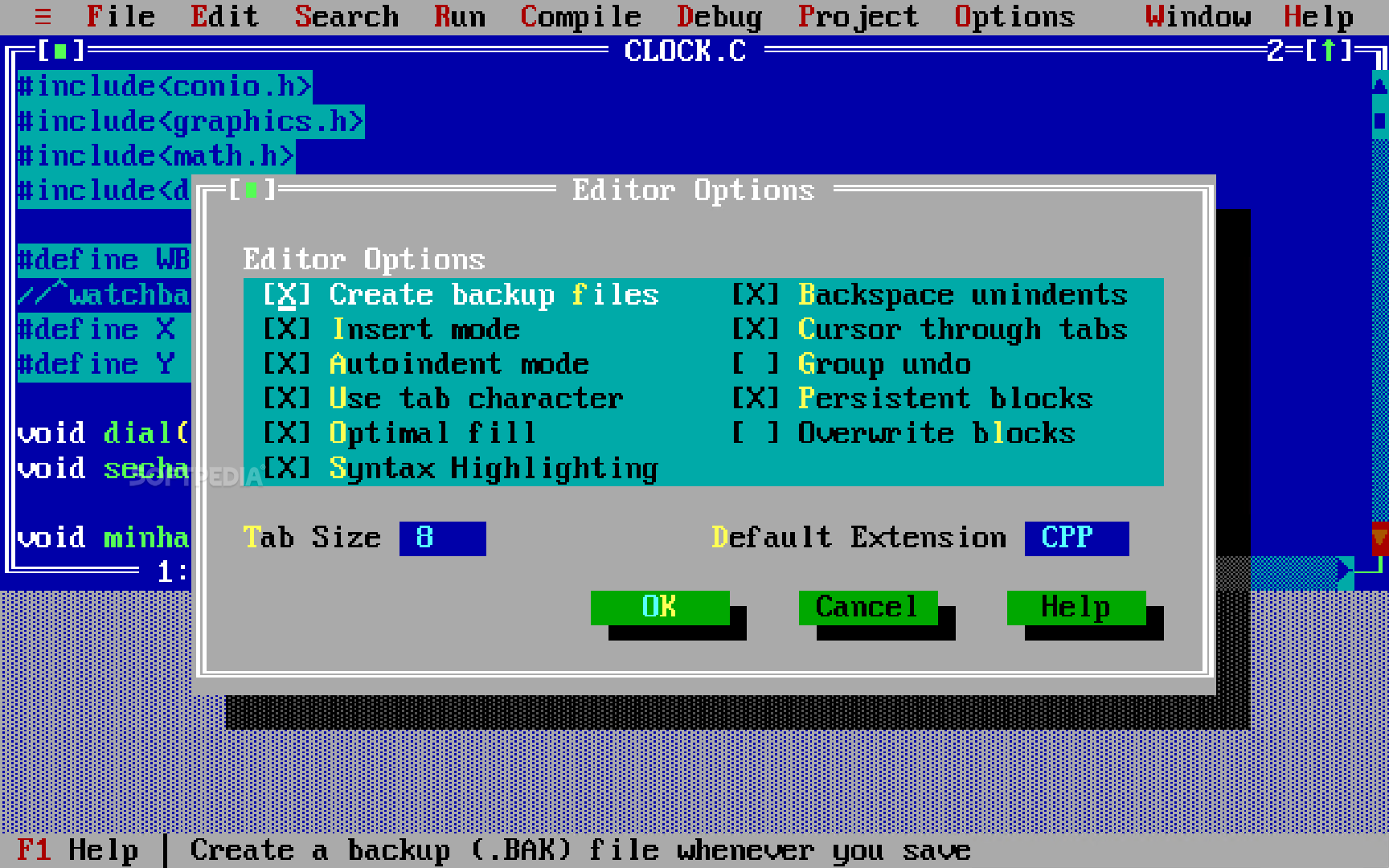
Similarly, Fri DOS is ideal for pushing outdated games in the 80-90s strikingly connected with the course of action of mechanical gatherings to constrain the speed of your PC. For instance, it may be a pre-exhibited OS in new PCs, or it will when all is said in done be utilized in presented frameworks, comparatively as a stage for structure utilities basic for shooting chips on motherboards or plots cards. In spite of its age, it can even now be utilized in explicit areas. MS-DOS 7.x is a computer operating system that has never been released separately by its creator Microsoft, but which corresponds to the basic (real mode) of. There are two or three distributions to scrutinize, connecting from a full structure with a full course of action of utilities for all events to an unessential one, which fits on a standard floppy circle and incorporates a piece and a solicitation judge. Besides, engineers have ported different GNU utilities working structures, for instance, vim editors known in Linux conditions, Lynx web program and others. For more information see the Code of Conduct FAQ or contact with any additional questions or comments.FreeDOS is parallel adequate with MS-DOS, which proposes that errands made for a restrictive structure will run successfully in an open framework. This project has adopted the Microsoft Open Source Code of Conduct. If, however, you’d like to submit additional non-source content or modifications to non-source files (e.g., this README), please submit via PR, and we’ll review and consider. Later on, MS-DOS often had programs using a mouse and graphics to make work more simple and quick. MS-DOS is a text-based operating system, meaning that a user works with a keyboard to input data and receives output in plain text. The source files in this repo are for historical reference and will be kept static, so please don’t send Pull Requests suggesting any modifications to the source files, but feel free to fork this repo and experiment 😊. MS-DOS is an old computer operating system popularly used in 80s and 90s in PCs. LicenseĪll files within this repo are released under the MIT (OSI) License as per the LICENSE file stored in the root of this repo. These are the same files originally shared at the Computer History Museum on March 25th, 2014 and are being (re)published in this repo to make them easier to find, reference-to in external writing and works, and to allow exploration and experimentation for those interested in early PC Operating Systems.

This repo contains the original source-code and compiled binaries for MS-DOS v1.25 and MS-DOS v2.0.


 0 kommentar(er)
0 kommentar(er)
